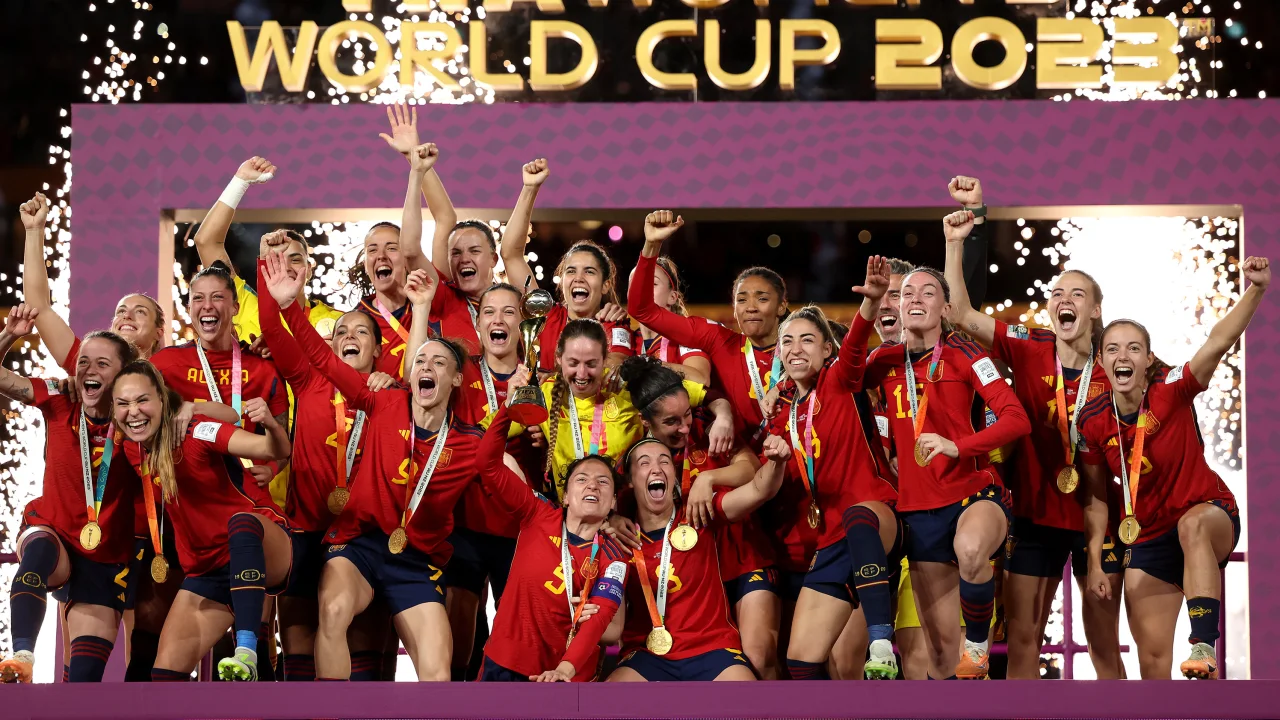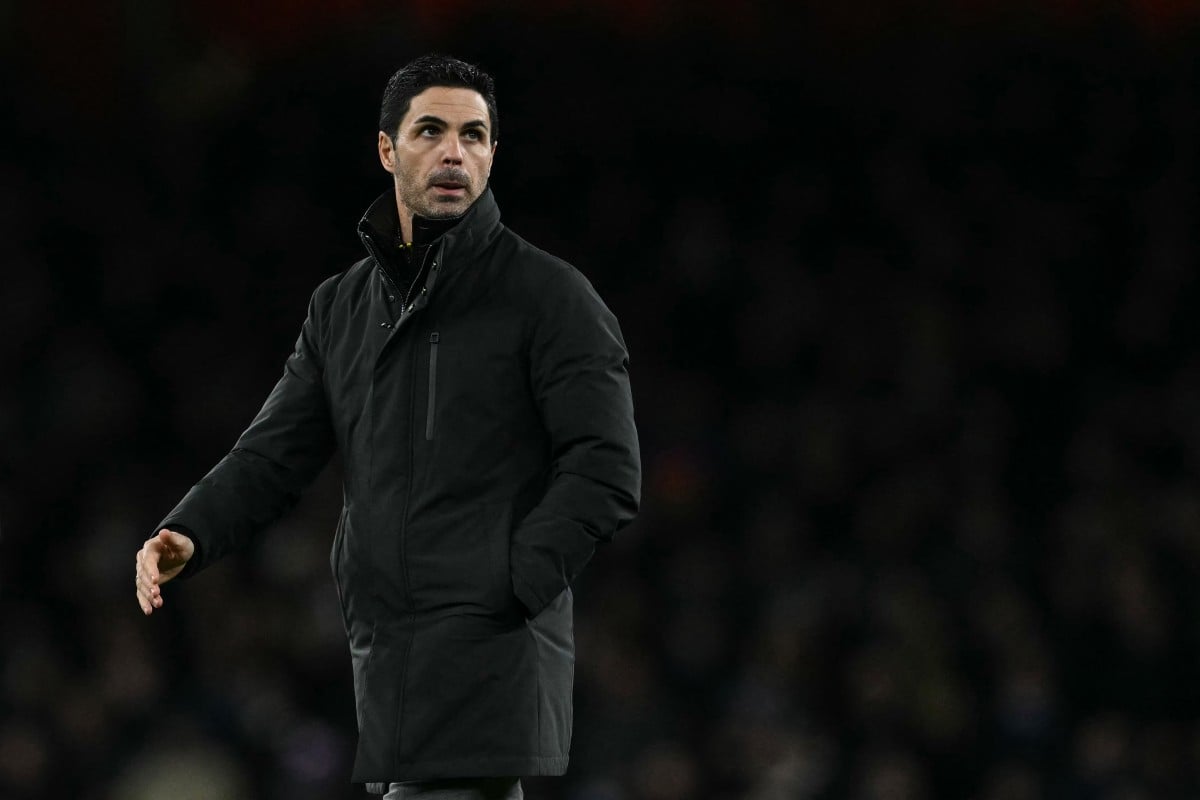Spain’s women’s football team makes a bold move, refusing to participate in upcoming matches, demanding real changes in Spanish soccer after a controversial incident. Discover the details and implications of this unprecedented stand.

Spain’s Women’s Football Stars Take a Stand
In an unprecedented turn of events, the vast majority of Spain’s World Cup-winning women’s football squad has declared their refusal to participate in the country’s upcoming Women’s Nations League matches. This remarkable decision comes as a response to their pursuit of “real structural changes” within Spanish soccer, following the controversy surrounding the unwanted kiss incident involving former soccer boss Luis Rubiales and La Roja star Jennifer Hermoso.
The Ongoing Fallout
For nearly a month, Spain has been embroiled in the aftermath of the incident between ex-Royal Spanish Football Federation (RFEF) president Rubiales and Jennifer Hermoso, which has cast a shadow over the team’s historic World Cup victory. Originally scheduled to announce the squad for the next two matches, Spain has now postponed this decision due to the resolute stance of 39 players, including 21 from the 23-woman World Cup squad, who have signed a joint letter condemning the RFEF.
A Powerful Message
The players conveyed their message through a letter posted by two-time Ballon d’Or Féminin winner Alexia Putellas. They expressed their dissatisfaction with the changes made thus far, emphasizing the need for a safe and respectful environment for women within the sport. The players stressed their commitment to representing their country at the highest level and their determination to pave the way for more equality in football for future generations.
Demands for Change
In their letter, the players outlined a series of changes they wish to see implemented within the Spanish federation. These changes encompass restructuring the women’s football organization, the office of the presidency, the secretary general, the communications and marketing departments, as well as the integrity department. Their aim is to prevent such incidents from occurring again and to ensure complete transparency in the sport.
Support from the World Stage
World players’ union FIFPRO voiced their support for the Spanish Women’s National Team’s decision, endorsing their call for change with the hashtag #SeAcabó (It’s over). Spanish basketball legend Pau Gasol also extended his support to the players, demonstrating the unity of athletes across different sports.
A Long-standing Issue
This latest development follows the solidarity displayed by over 80 Spanish soccer players, including the entire 2023 World Cup squad, who pledged their support for Jennifer Hermoso on August 25. They initially stated their reluctance to return to the national team if the current leadership remained in place without enacting substantial structural changes in the federation.
Interim Measures
In response to the players’ demands, interim RFEF president Pedro Rocha initiated a series of moves to regenerate the federation. He took the bold step of dismissing the controversial coach Jorge Vilda, despite Spain’s remarkable World Cup triumph, and appointed Montse Tomé as his deputy. Tomé’s appointment marked a historic moment as the first woman to assume this role. Rocha also committed to further structural changes within RFEF during discussions with the president of the High Council of Sport, Víctor Francos.

Challenges Ahead
The players’ decision is likely to pose significant challenges for Montse Tomé as she strives to assemble a competitive team for the upcoming matches against Sweden and Switzerland on September 22 and 26.
Legal Implications
The backdrop to this development includes Rubiales testifying in Spain’s National Court in Madrid, where he has been summoned as part of an investigation into potential charges of sexual assault and coercion against him. Following weeks of intense societal pressure, Rubiales resigned from his position and received a restraining order, prohibiting him from approaching Jennifer Hermoso within 200 meters.
A History of Dissatisfaction
The discontent among Spanish players dates back to September of the previous year when 15 members of the senior women’s squad sent personally signed letters via email to RFEF, announcing their refusal to play for the national team unless sweeping changes were made within the coaching staff. These letters highlighted the adverse impact of the “situation” within the Spanish national team on the players’ emotional well-being and health.
Continued On-field Success Amidst Turmoil
Despite off-field turmoil, a young Spanish side defied the odds and secured a memorable World Cup title in Australia and New Zealand. However, the success on the pitch was accompanied by a tense atmosphere within the squad, characterized by longstanding animosity between key players, Jorge Vilda’s technical staff, and RFEF. Videos of cold reactions from substituted players towards Vilda and his staff, as well as during post-match celebrations, went viral on social media.
A Long Road Ahead
With the departures of Vilda and Rubiales, RFEF hoped to embark on a new era for women’s soccer in Spain. However, the recent developments underscore the considerable work that lies ahead.
RFEF’s Stance on Stability
RFEF is currently backing Pedro Rocha as the organization’s president, prioritizing stability before addressing the sweeping changes demanded by the women’s national team players. The federation intends to pursue transformations progressively, aiming to restore dignity and credibility lost in the wake of the World Cup events.
Spain’s women’s football stars have taken a resolute stand, demanding substantial structural changes within Spanish soccer. Their decision sends a powerful message and raises crucial questions about the future of women’s football in Spain.





